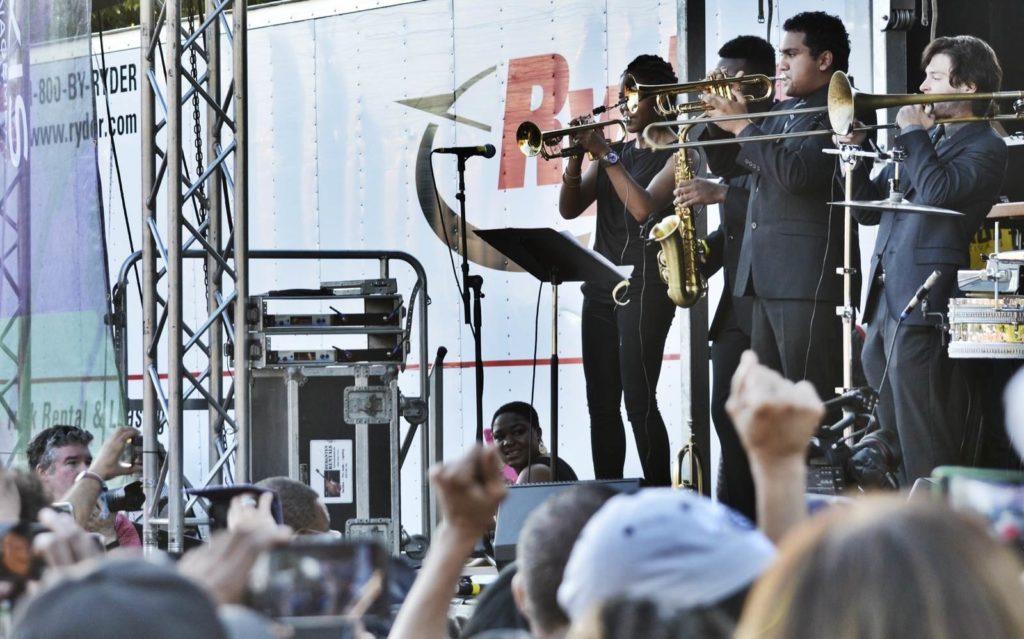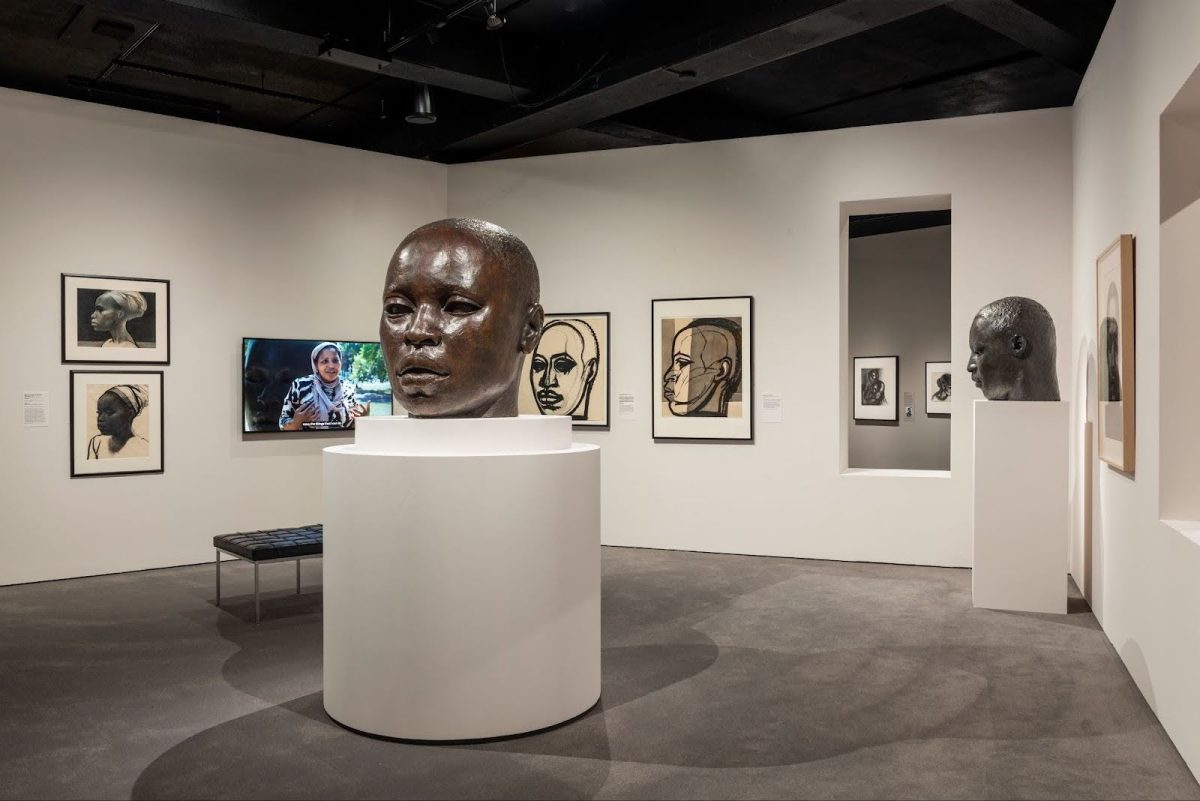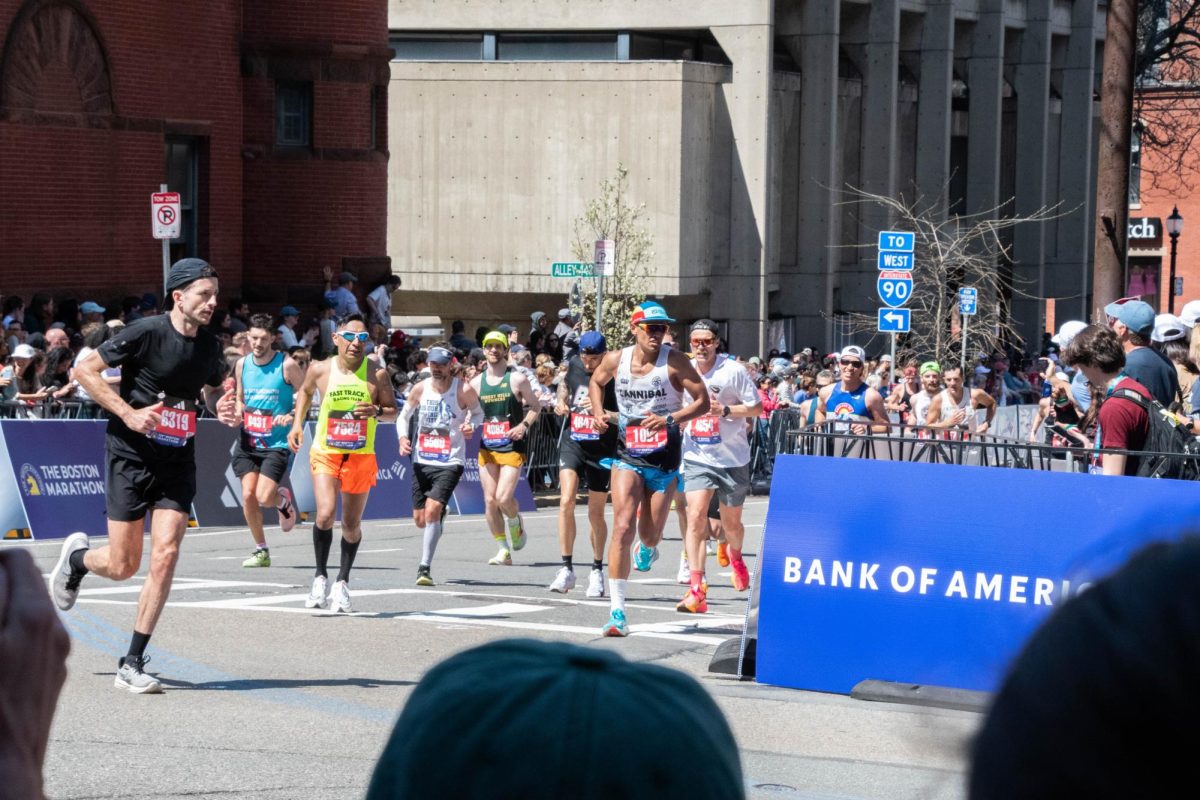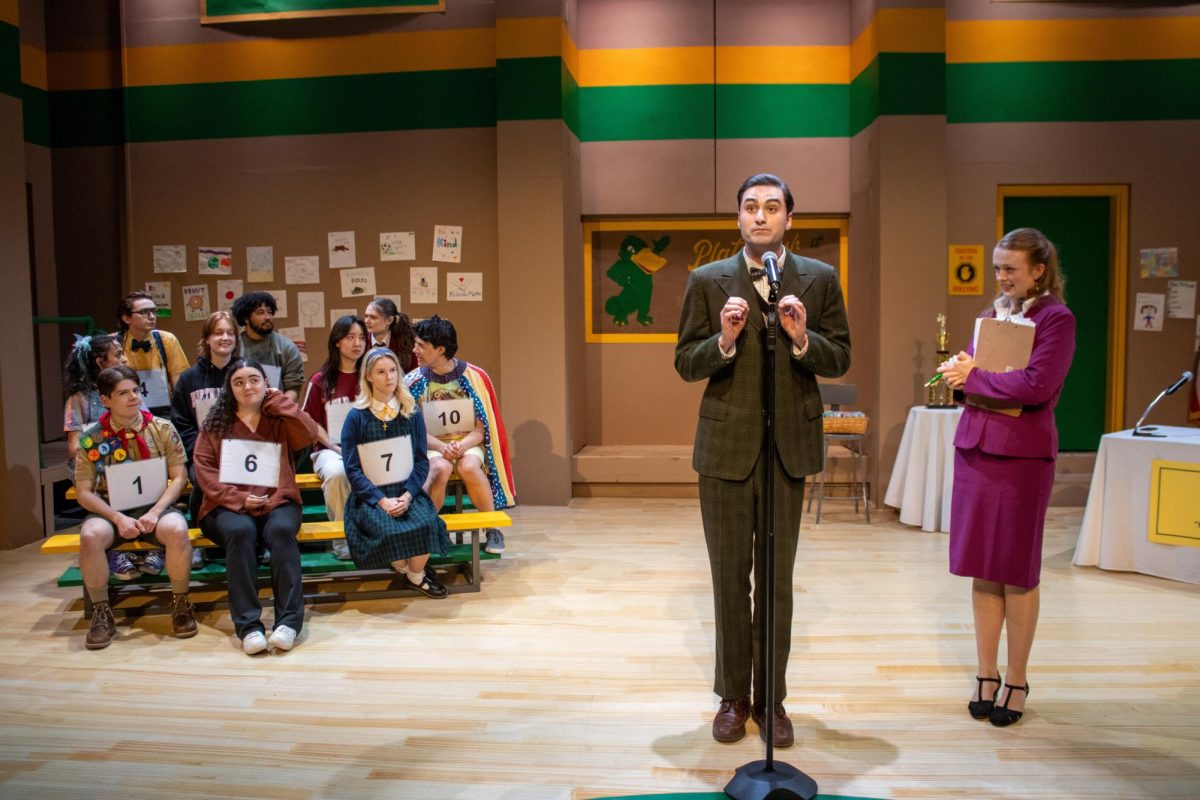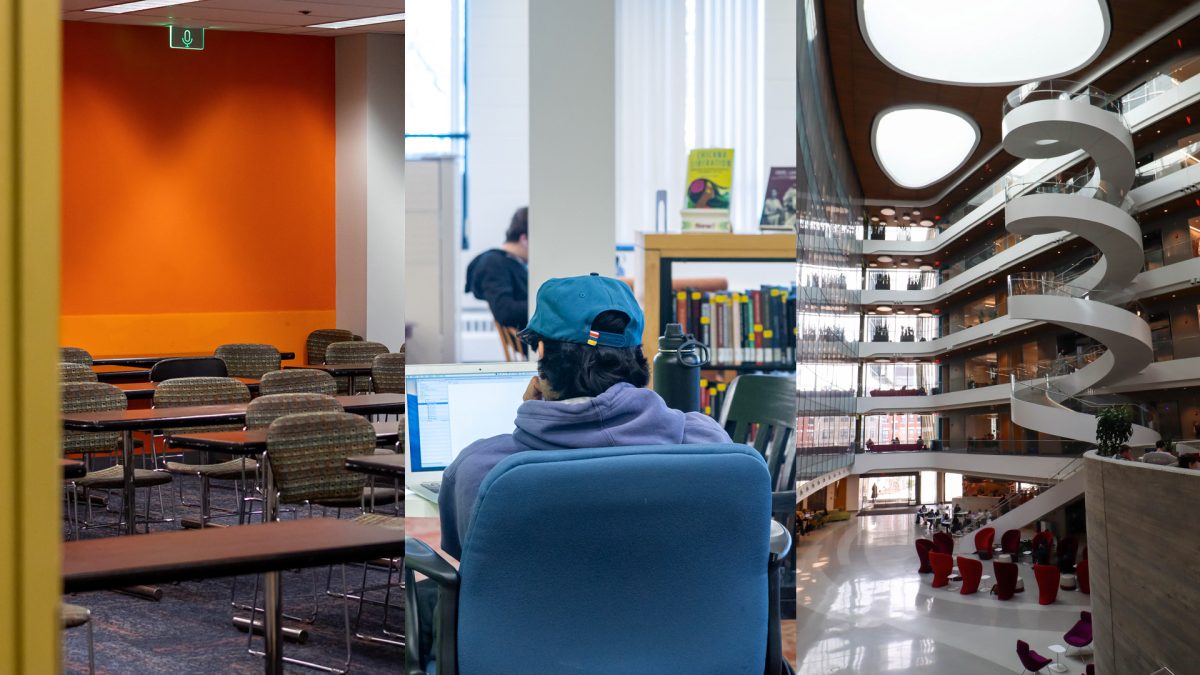By Gwen Schanker, News Correspondent
On Saturday afternoon, families, food lovers and student musicians gathered for the 14th Annual Berklee BeanTown Jazz Festival, which successfully combined three universal favorites: great food, great weather and great music.
The festival, which describes itself as “Boston’s biggest block party,” took place from noon to 6 p.m. on Columbus Avenue. Hosted by the Berklee College of Music, the event included more than 15 performances from a variety of jazz bands – local, national and international acts – spread across three different stages between Massachusetts Avenue and Burke Street. All performances were open to the public and free of charge, and the sidewalks were lined with vendors selling everything from festival T-shirts to earrings to piña coladas.
“It’s a great time for everybody because you get to meet a lot of people, meet new friends, hear some great music and eat good food,” Rob Rose, the festival producer and vice president for special programs at Berklee, said.
Headlining artists included singer-songwriter and percussionist Sheila E. as well as Snarky Puppy, an instrumental fusion band that won a 2013 Grammy Award with R&B artist Lalah Hathaway. Both of these artists performed on the Natixis stage, the largest of the three performance venues.
“We’re just really excited about this lineup,” Rose said, mentioning Sheila E. and Snarky Puppy, as well as local band Federator Nº1 and the Screaming Headless Torsos, a rock group that incorporates jazz, hip-hop and reggae music.
“We’re kind of an avant-pop-funk band,” David “Fuze” Fiuczynski, lead guitarist,said of the Torsos, adding that their music has a “funk-rock base” overlaid with experimental vocals. “An ideal Torsos show is where people stand and rock out, and they may scratch their head a little bit but shake their booty a lot.”
The Torsos performed on the BeanTown stage in front of a wide audience. The band’s blend of various styles allows them to appeal to people of all tastes and give them something a little different to listen to.
“I loved the fact that it was really inclusive,” Fiuczynski said. “From the stage I saw people of all ages – there seemed to be something for everybody.”
Community and variety have always been important principles of the festival, which has come a long way since its start in 2001. The South End’s first Jazz Festival was produced by Darryl Settles, owner of Darryl’s Corner Bar and Kitchen, and drew an audience of about 10,000 people. Since then, attendance has climbed to nearly 70,000, and Berklee has inherited production of the festival and cemented it as a cultural staple of Boston.
“It’s probably the most diverse audience in the entire city for any event that they have,” Rose said. “It’s showing the power of music and jazz – people come together and enjoy themselves.”
Every year, the production team establishes a central theme for the festival. This year’s celebration was called “Jazz: The Global Ambassador,” which alludes to the cross-cultural aspects of the genre and also traces the path of jazz throughout history.
“Jazz is something that’s spread worldwide,” Rose said, referring to the first generation of jazz musicians in the 1930s, namely Louis Armstrong and Duke Ellington, who were asked to share their music with the world and thus became cultural jazz ambassadors.
Zoe Fay-Stindt, a senior at Emerson College majoring in writing and publishing, attended the festival as an intern for Natixis Global Asset Management, one of the festival’s major sponsors. Fay-Stindt liked the theme because it implies that jazz is universal.
“Everyone kind of has a part in jazz,” Fay-Stindt said. “It really just draws everyone together. You can look around here and see that.”
The theme of jazz diplomacy was relatable not only to attendees, but also to the artists themselves.
“Jazz has always been the global ambassador,” Bill Banfield of Bill Banfield the Jazz Urbane, who performed with saxophonist Grace Kelly on the BeanTown stage, said. “It’s an appropriate title because it follows the historical path of what jazz has always been.”
He went on to reference the likes of Ellington and Armstrong as well as the Fisk Jubilee Singers, who broke racial barriers in the late 19th century by sharing their “slave songs” with kings and queens in Europe. Banfield also appreciated the festival’s emphasis on community – a value he strives to epitomize in his music, he said.
“Jazz Urbane represents collaboration and connection to the community,” he said. “It’s an urban, sophisticated environment that connects with the music – it’s exactly what [the festival] is about.”
Attendee Tom Gravius, who came to the festival on a whim after hearing about it from a Berklee professor on a Sunday morning TV show, said the event offered everything he expected and more.
“I think [the title is] spot on,” Gravius said. “Jazz has become something that crosses cultures. The fusion is brought together and you get to hear it, see it, smell it [and] eat it.”
Photo by Kariman Abuljadayel


